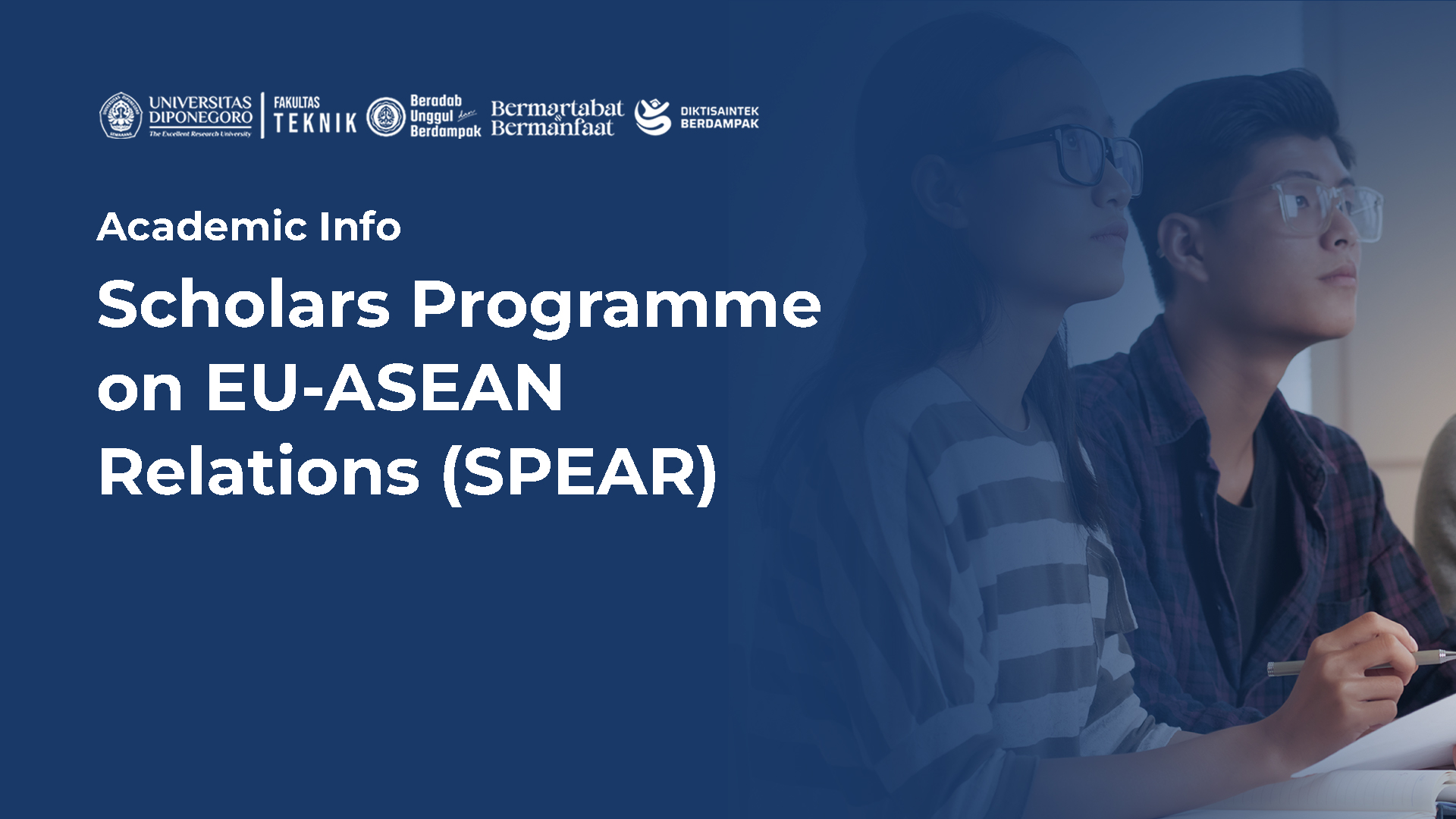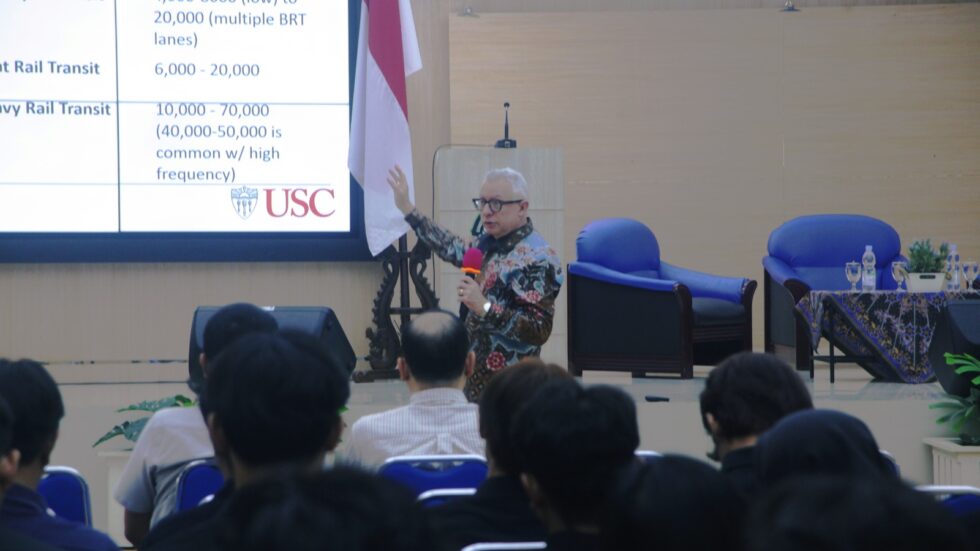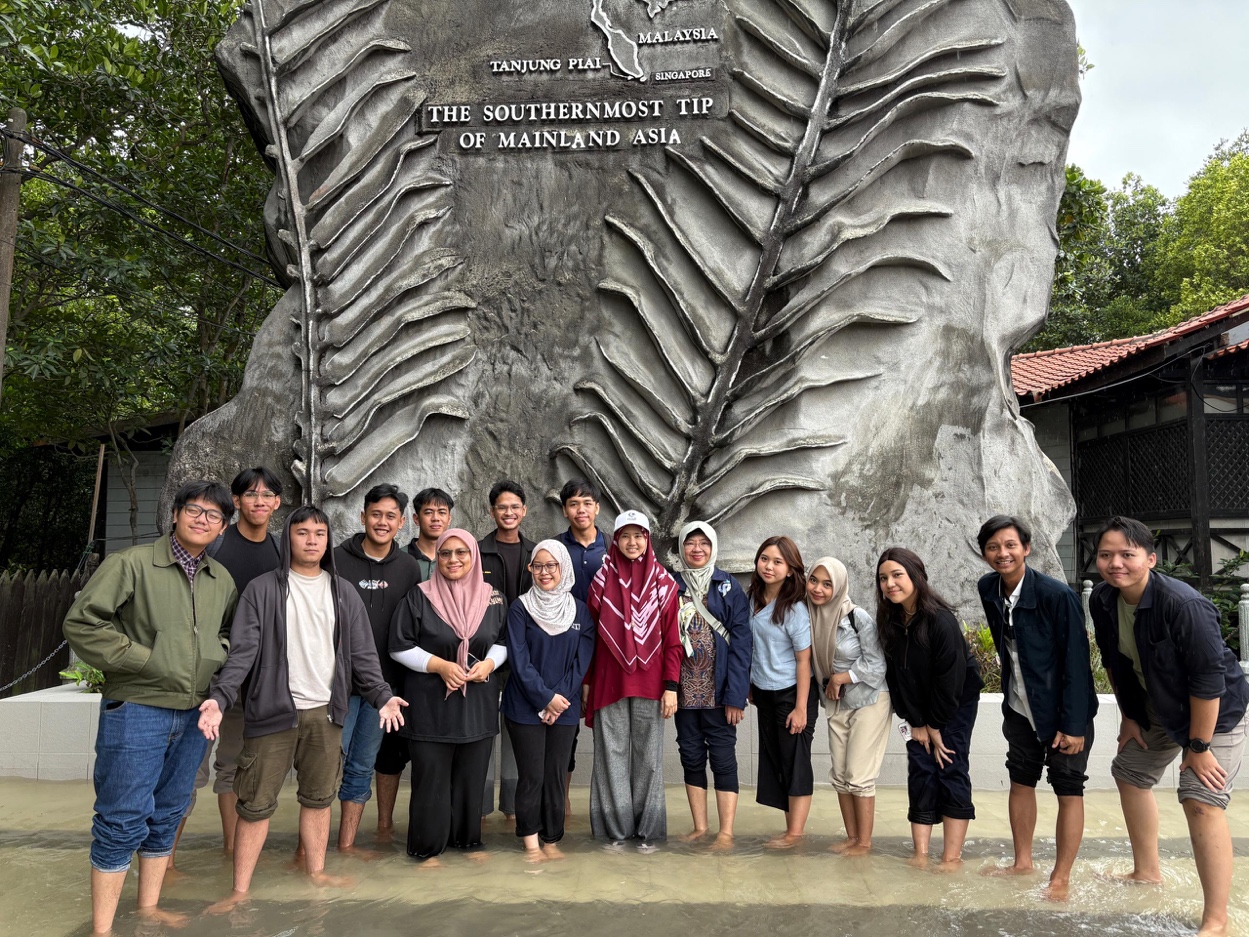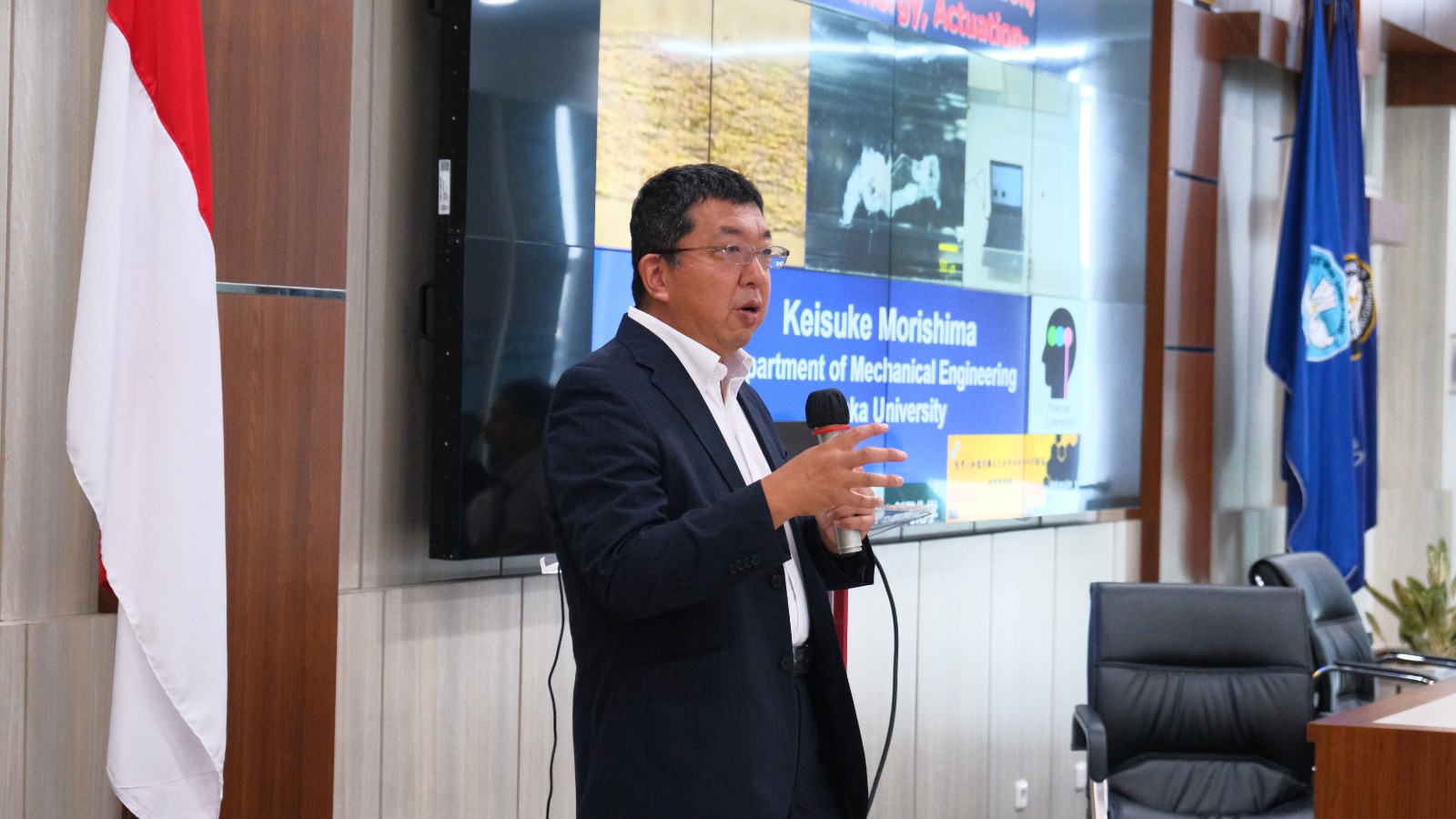
Scholars Programme on EU-ASEAN Relations (SPEAR)
The “Scholars Programme on EU-ASEAN Relations (SPEAR)” is a series of discussions for academics in the ASEAN region, including Timor-Leste. The programme offers university lecturers,


The “Scholars Programme on EU-ASEAN Relations (SPEAR)” is a series of discussions for academics in the ASEAN region, including Timor-Leste. The programme offers university lecturers,
The Department of Urban and Regional Planning (DURP) Undip, in collaboration with Chiba University and the University of Hawai’i at Manoa, is holding again a
The Geomatics and Planning Laboratory, Department of Urban and Regional Planning (DURP) Undip held an international conference titled “The 6th Geoplanning International Conference and Scientific
The Department of Industrial Engineering Undip held a Summer Course program entitled “Sustainable Product: Innovation for a Better Future”. This event was held online and

(7/5) The Department of URP Universitas Diponegoro held again the International Lecture Series (ILS) for 2025. In this inaugural edition, Prof. Marlon G. Boarnet, Ph.D,

(17/1) The Faculty of Engineering Universitas Diponegoro in collaboration with Universiti Teknologi Malaysia (UTM) officially launched a program entitled International Capstone Design UNDIP X UTM.

The Center for Urban Resilience Research (CURE) Research Cluster, Faculty of Engineering, Universitas Diponegoro on Tuesday (21/1) held a Focus Group Discussion (FGD) with the

Faculty of Engineering Undip has made impeccable achievements in the international scientific world. 7 academics from the Faculty of Engineering Undip have been listed as

(3/9) The Faculty of Engineering Undip had the opportunity to hold a precious guest lecture with an honorable professor from Osaka University, Prof. Keisuke Morishima.

(29/8) The Department of Environmental Engineering Undip successfully convened the international conference entitled “The 6th International Conference on Environment, Sustainability Issues, and Community Development (INCRID)